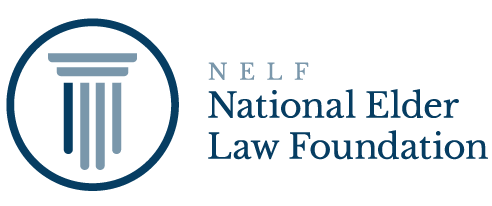Family Caregiver Agreements
What Are Family Caregiver Agreements?
Retaining your independence and remaining in your own home for as long as possible is a high priority for every person advancing in age. In recent years, the at-home care plan is winning acceptance as the ideal model to prolong senior’s physical and mental health, reduce Medicaid spending for persons who are prematurely admitted to long term nursing facilities, and to enable family members to be compensated for valuable personal care services.
But Medicaid eligibility depends on the value of an applicant’s assets and the amount of income they receive when they apply for coverage. Using a Family Caregiver Agreement can help improve the likelihood of receiving Medicaid coverage for long term nursing home care and help compensate family caregivers in accordance with Medicaid regulations.
Family Caregiver Agreements Help Medicaid Eligibility
Seniors who need help with personal care, housekeeping, meal preparation to remain living at home often receive those services from loving family members or friends who perform those tasks out of love and a sense of responsibility. Many cut back their normal employment to be available for their parents’ needs.
While caring for an aging relative at home is preferred, circumstances eventually may require the senior to transfer to a long-term nursing facility to receive a higher level of skilled care. If the newly admitted nursing home resident owns financial assets or receives income above the level allowed for Medicaid eligibility, they will be required to spend down those assets until they meet Medicaid’s eligibility criteria.
Medicaid’s Five-Year Look Back Period
If someone receiving care from a relative or friend at home begins to pay compensation to the caregiver without a Caregiver Agreement, and they seek Medicaid coverage to pay the costs, then Medicaid will “look back” five years from the date of the application to identify any assets transferred to others for less than market value. Without a Caregiver Agreement, Medicaid will not recognize the value of the caregiver’s services.
Medicaid will view the payments to the caregiver as countable assets transferred by the applicant for the purpose of facilitating their Medicaid eligibility. Medicaid impose a penalty period of ineligibility for a period of time equal to number of months of nursing home care the money paid to the caregiver would cover.
For example, if caregiver received $1,000 per month for the two years preceding the Medicaid application, then Medicaid would deem the $24,000 improperly transferred. If the nursing home costs were $6,000 per month, then Medicaid would deny coverage to the applicant for four months.

Family Caregiver Agreements Prevent Medicaid Penalty
A properly drafted Family Caregiver Agreement will comply with Medicaid’s requirements for formality. A detailed log of hours and services performed by the caregiver legitimizes the relationship between caregiver and the care recipient.
The formal contract must be drafted and executed before the care begins. The services to be provided must be specified in the agreement (food shopping and meal preparation, light housekeeping, assistance with activities of daily living, personal hygiene, dressing, transportation).
Both the caregiver and the person receiving the care must sign the Caregiver Agreement and have their signatures notarized. If the person in need of care is unable to sign, then the person with their power of attorney must sign on their behalf.
An Experienced Elder Law Attorney Should Draft the Caregiver Agreement
Elder law attorneys commit their professional life to serving the needs of elders and people with special needs. They stay informed about recent developments in the law and changes in Medicaid rules changes.
No one should attempt to create a legal document on which Medicaid eligibility depends except an experienced elder law attorney. NELF conducts regular training and member conferences to ensure the highest level of competence is maintained.

